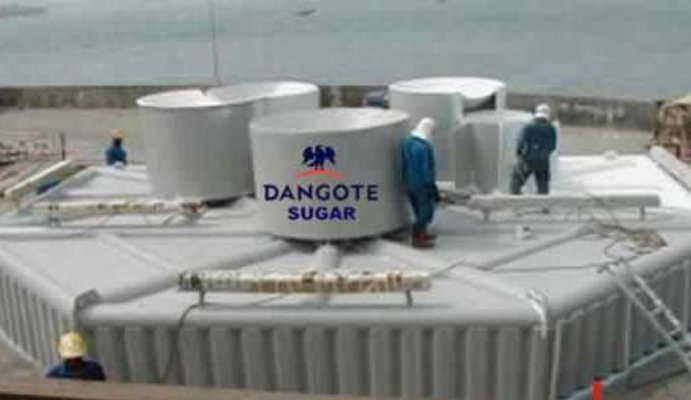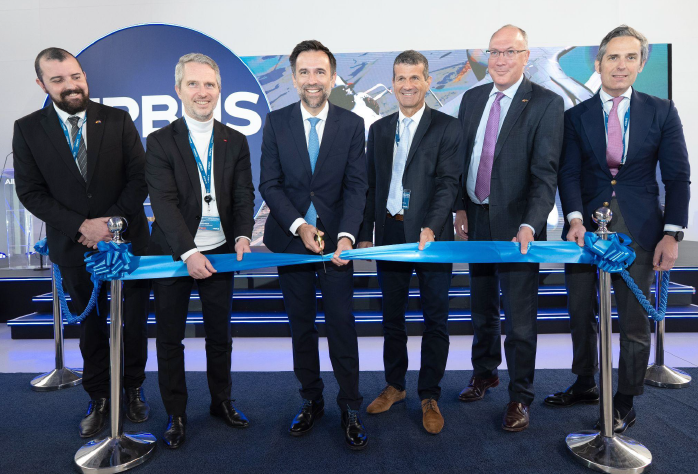As we sit down for dinner in downtown Dubai, Nigerian oilman Igho Sanomi is upbeat. Alternating between sips of water and bits of mixed nuts he picks out of an espresso-sized nut cup, Sanomi is telling jokes at the table to a dozen guests, mostly his own employees. He then continues to engage, in very interesting conversations about his views, on a number of subjects during dinner.
He is renowned for pushing his limits, and he has parlayed this single attribute to stunning effect; growing Taleveras into one of the largest physical commodities trading companies in Africa in just over a decade, while remaining one of the most mysterious and storied figures in Nigerian business.
Igho Sanomi, 41, is the founder of Taleveras, a $2 billion (revenues) international commodities trading company active over a wide spectrum of global energy markets including crude oil and refined petroleum products, natural gas and power. Taleveras’ trading arm, now based in Dubai and Abuja, is one of the largest independent energy traders in Africa, with additional offices spread across West Africa, Europe and Asia. The company at its prime moved more than 170 million barrels of crude and oil products annually, and has upstream and downstream assets in a number of African countries.
Sanomi is famously media shy, despite owning one of the largest oil trading companies in Africa and running a philanthropic organization, the Dickens Sanomi Foundation, that donates millions of dollars annually to causes in education and health in Africa and elsewhere. He has twice been recognized by the world-renowned Institute Choiseul based in France, topping the ranks of the Choiseul 100: Economic Leaders for Tomorrow, which ranks young African leaders under 40 who will play a major role in the economic development of the African continent. Sanomi has traditionally stayed away from the media spotlight, but he’s finally breaking cover, and for good reason.
“It’s easy to get caught up and carried away by the media hype,” he says briskly, chopping the air for emphasis. “All I ever wanted to do was to quietly build a successful company, keeping to the old traditional way of doing business with a handshake, and performing the contracts we got very well. But as we got successful, a lot of people began to make up stories about us. At first we decided to ignore all the noise and focus on the business, but now it’s gotten to a tipping point and I think it’s a good idea to set the record straight.”
Taleveras and Igho Sanomi have featured prominently in the media for a myriad of reasons. For one, some of Taleveras’ most important revenue streams were cut off. For example, in December 2014 Taleveras failed to clinch the renewal of its crude for product exchange contract it had operated for over three years. Whilst others got theirs renewed, Taleveras had its contract cancelled by then-President Goodluck Jonathan’s administration. This dealt a big blow to Taleveras, as it had entered forward contracts and based revenue projection models on it. Sanomi’s analysts and detractors alike were keen to see how Taleveras would replace these revenue streams.
Arising from the cancellation of this key contract, Taleveras had to restructure and engage its international creditors. This led to issues taking a legal course and to a number of out-of-court settlements. On the surface, Taleveras’ future looked dire. An independent energy analyst I spoke with before having dinner with Sanomi and his employees said the company was struggling to keep afloat.
But Sanomi calmly scoffed at projections of Taleveras’ demise. Taleveras, he admits, has been through a number of challenges in the last two years, but the company has navigated them successfully and is on the right course. He insists that there has been a thorough misunderstanding of his affairs in Nigeria, and that any negative press Taleveras has received in certain quarters is the creation of cutthroat detractors.
Courtesy Forbes










